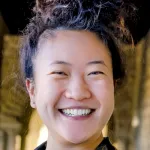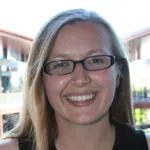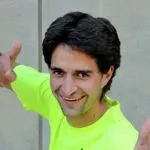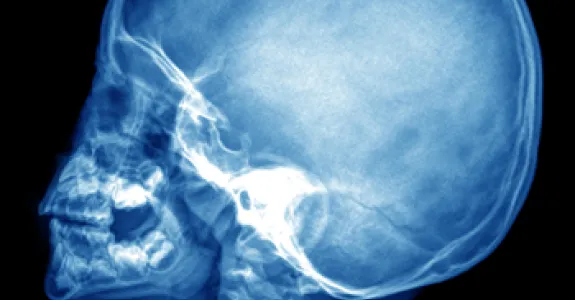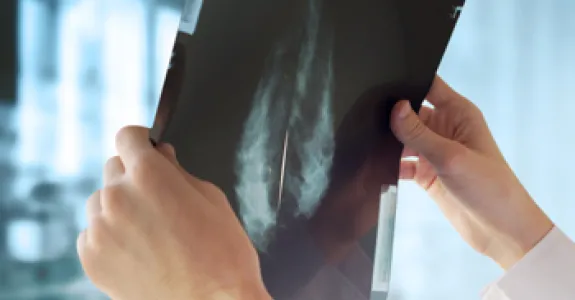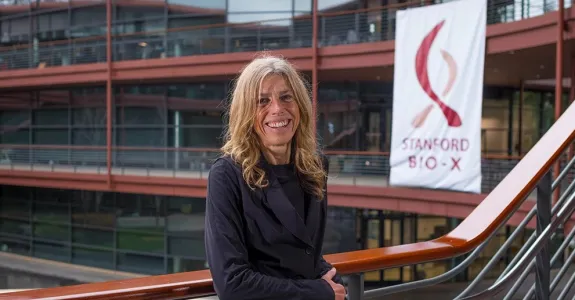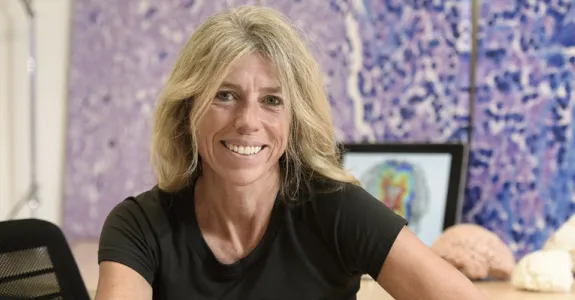
Dr. Ellen Kuhl is the Catherine Holman Johnson Director of Stanford Bio-X and the Walter B. Reinhold Professor in the School of Engineering. She is a Professor of Mechanical Engineering and, by courtesy, Bioengineering. Her area of expertise is Living Matter Physics, the design of theoretical and computational models to simulate and predict the behavior of living systems. Ellen has published more than 200 peer-reviewed journal articles and edited two books; she is an active reviewer for more than 30 journals at the interface of engineering and medicine and an editorial board member of seven international journals in her field. Ellen is a founding member of the Living Heart Project, a translational research initiative to revolutionize cardiovascular science through realistic simulation with 400 participants from research, industry, and medicine from 24 countries. Ellen was the Robert Bosch Chair of Mechanical Engineering from 2019-2024. She is the current Chair of the US National Committee on Biomechanics and a Member-Elect of the World Council of Biomechanics. She is a Fellow of the American Society of Mechanical Engineers and of the American Institute for Mechanical and Biological Engineering. She received the National Science Foundation Career Award in 2010, was selected as Midwest Mechanics Seminar Speaker in 2014, and received the Humboldt Research Award in 2016, the ASME Ted Belytschko Applied Mechanics Award in 2021, and the ERC Advanced Grant in 2024. Ellen is a three-time All American triathlete, a multiple Berlin, Boston, Chicago, and New York marathon runner, and a three-time Kona Ironman World Championship participant.
Dr. Kuhl's area of professional expertise is living matter physics, the creation of theoretical and computational models to predict the acute and chronic response of living structures to environmental changes during development and disease progression. Her specific interest is the multiscale modeling of growth and remodeling, the study of how living matter adapts its form and function to changes in mechanical loading, and how this adaptation could be traced back to structural alterations on the cellular or molecular levels. Growth and remodeling might be induced naturally, e.g., through elevated pressure, stress, or strain, or interventionally, e.g., through prostheses, stents, tissue grafts, or stem cell injection. Combining theories of electrophysiology, photoelectrochemistry, biophysics, and continuum mechanics, Dr. Kuhl's lab has specialized in predicting the chronic loss of form and function in growing and remodeling cardiac tissue using patient-specific custom-designed finite element models.




